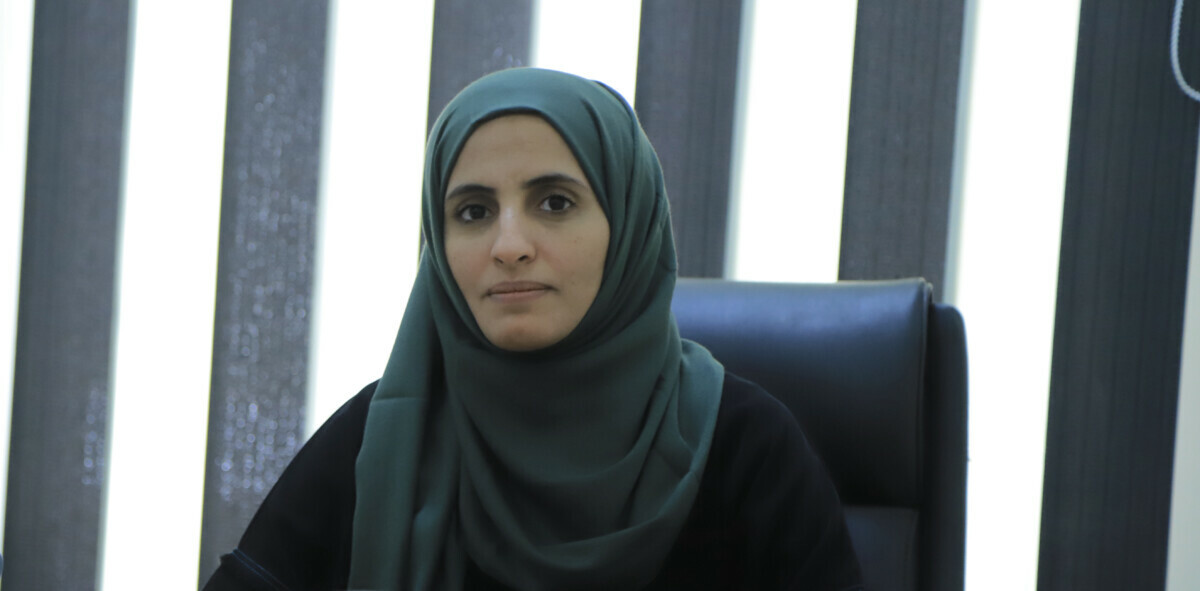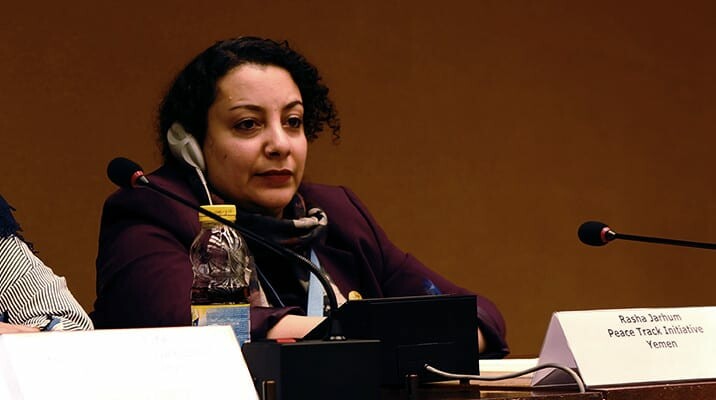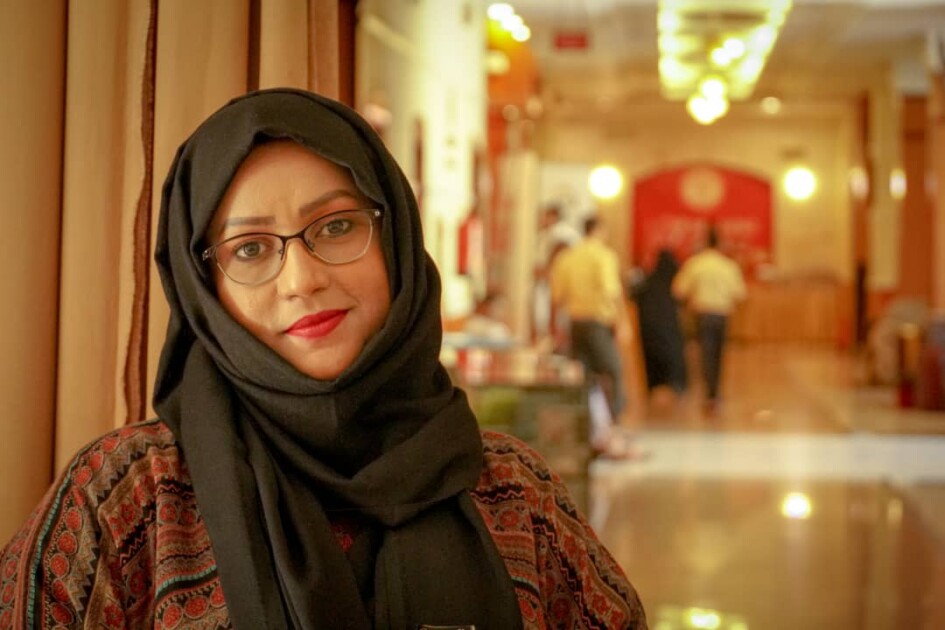Yemen
Yemen
Current and Past Recommendations to the UN Security Council (Monthly Action Points)
The Security Council’s discussions on the situation in Yemen have historically failed to reflect important gender dimensions of the situation, despite multiple meetings of the Informal Expert Group on WPS (S/2017/627, S/2017/1040, S/2019/253) and briefings by civil society in 2017, 2018 and 2019. In the context of the renewal of the mandate of the United Nations Mission to support the Hudaydah Agreement (UNMHA), the failure to include any gender-sensitive language in the Stockholm Agreement, which guides the work of the mission, should not be taken as justification for the mission to overlook gender as a cross-cutting issue as it carries out its work. UNMHA should be called upon to ensure it is actively engaging with women and women’s organizations as it carries out its work, and all conflict analysis should be gender-sensitive. More broadly, the Council must continue to emphasize the necessity of women’s full, equal, and meaningful participation in formal and high-level peace and political processes, as well as in parallel or complementary processes taking place at the local level. Barriers to women’s meaningful participation should be discussed in briefings and statements, reflecting discussions in the IEG on WPS meeting, and factored into policymaking and programming carried out by UN entities and other stakeholders. The Council should also continue to pressure the UN Special Envoy to include women in all present and future peace consultations and negotiations, and call for the release of the findings from all review processes related to the peace process in order to aid in identifying gaps and ways to improve future processes. The Council must call on parties to release civilian detainees, including women detainees, and exert pressure to end the recruitment of children into armed groups. The Council must continue to pressure all parties to implement the Stockholm Agreement and comply with their obligation under international humanitarian law (IHL) to allow and facilitate impartial, rapid and unimpeded delivery of humanitarian assistance that is gender-sensitive and developed in partnership with local CSOs. These should consist of a full range of medical services, including psychosocial and sexual and reproductive health services, as well as access to legal assistance, education and employment, before, during, and after armed conflict (S/RES/2122 (2013), CEDAW/C/YEM/Q/7-8). The Council must pressure the conflict parties to agree to a nationwide ceasefire that includes a gender perspective and an explicit call to cease all acts of SGBV, and refrain from opening new fronts or renew fighting. The Council and UN offices in Yemen must support civil society efforts to establish emergency plans and humanitarian operation room teams. UN entities in Yemen should adopt a sustainable approach for gender-focused interventions, such as establishing SGBV response structures and services and effective protection programs for WHRDs. Further, Council members should ask senior UN officials to provide updates regarding efforts to protect human rights defenders and civil society activists, and their access to legal support and essential services. The international community should provide continued support to the national human rights monitoring and reporting mechanism, including capacity-building support around women’s rights and gender-sensitive documentation of violations and abuses. Moreover, the Council should ensure the participation of CSOs, women leaders, women’s groups, and youth representatives that reflect the ethnic, geographic, and political diversity of Yemen’s population, in the design, implementation and review of all conflict resolution, conflict management, and countering violent extremism processes and efforts (S/RES/2122 (2013), OP 13; S/RES/2242 (2015), OP 13; CEDAW/C/YEM/Q/7-8).
Relevant Resources







